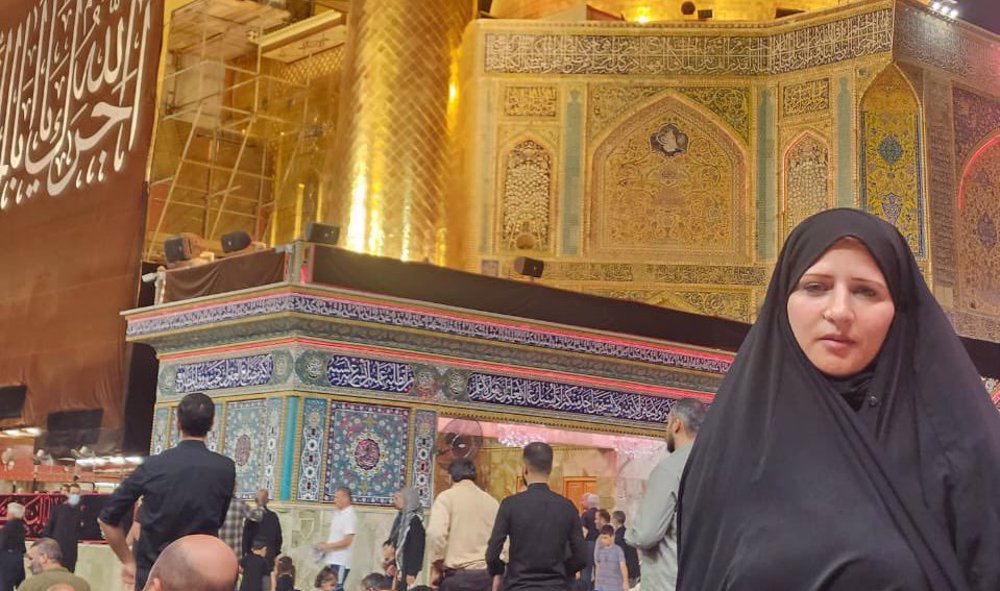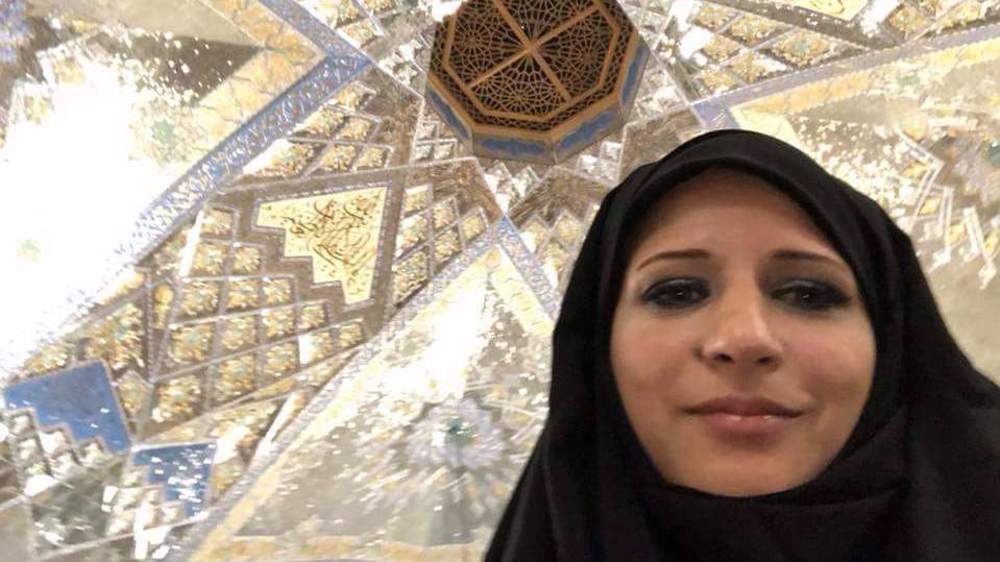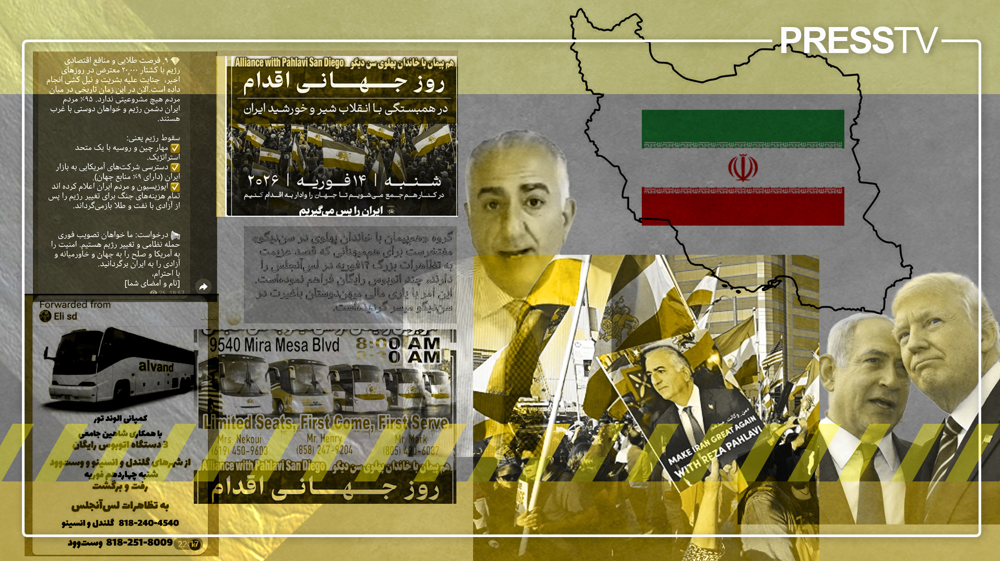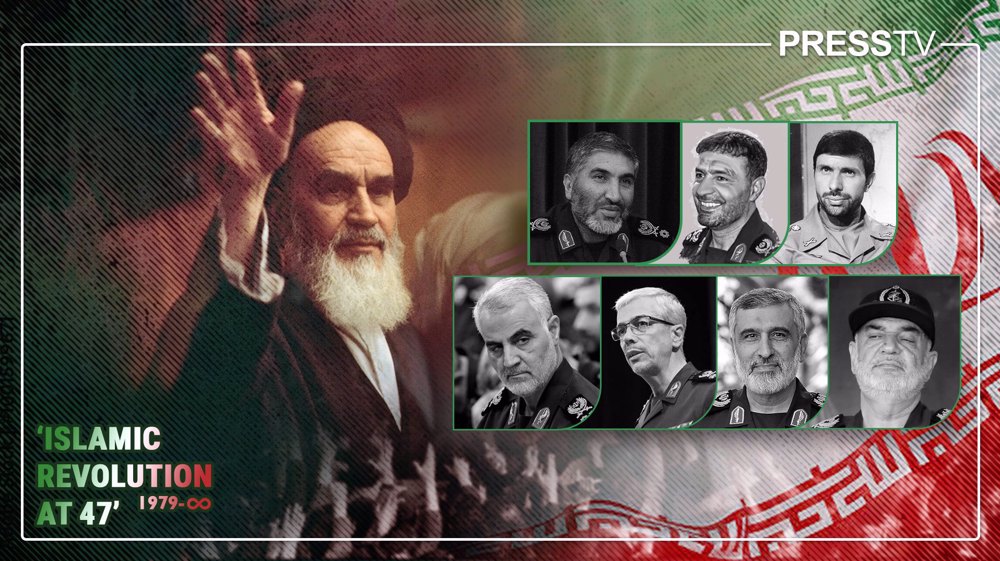Egyptian journalist, critic of Yemen war, vanishes into thin air in Mecca
By Syed Zafar Mehdi
In one of her last tweets on February 11 before she vanished into thin air, Egyptian journalist and human rights campaigner Rania Al-Assal posted a video of Masjid al-Haram's Gate no. 79 situated on the eastern edge of the iconic mosque in the holy city of Mecca.
One of the main gates of the world's largest mosque that surrounds the Kaaba in the heart of Mecca, it's named after King Fahd bin Abdul Aziz who ruled the kingdom from June 1982 until his death in 2005.
"Lock it," wrote the firebrand journalist from Cairo, inquisitively asking why the doors of Islam's holiest site were named after Saudi monarchs, much to the chagrin of some royal family loyalists.
"Did anyone from the family of Bani Saud (the kingdom's ruling family) build the Kaaba, or even participate in the destruction of the idols around it, or even its liberation," Al-Assal tweeted.
In reply to her straight-talking tweets, one anonymous Twitter user openly threatened to report her to Saudi security authorities "so that she knows how's it to offend the country".
يبدوا ان الاخت #رانيا_العسال أعتقلت في #السعودية أثناء تأديتها مناسك العمرة في #مكة_المكرمة
— علي - hashim (@Alihashem033) March 29, 2023
حيث اخر منشور للاخت رانيا العسال كان فيديو عند بوابة الحرم المكي الشريف وجرى التبليغ عن مكانه تواجدها من قبل الذباب السعودي#الحرية_الى_رانيا_العسال pic.twitter.com/9bkfOjAVtE
A few hours later, the Egyptian national who was in Saudi Arabia for Umrah (which means "minor pilgrimage"), was arrested by Saudi Arabia's security forces and moved to an undisclosed location.
Between the video tweet and her arrest, Al-Assal sent out a few other tweets as well, denouncing Saudi Arabia's catastrophic war on Yemen and the apartheid Israeli regime's occupation of Palestine.
"Yes, the Emirates and Saudi Arabia did not fight Yemen and Israel did not occupy Palestine. Sure, the problem is with us as we see fantasies," read one of her tweets, in a sarcastic tone.
نعم الامارات والسعودية لم تحارب اليمن واسرائيل لم تحتل فلسطين
— رانيا العسال(rania alassal) (@anarana21) February 11, 2023
🙄🙏اكيد المشكلة فينا نحن نرى خيالات #إلغاء_الحفلات #نهائي_كأس_العالم_الأندية
It's now 50 days since Al-Assal, whose Twitter bio says she "defends humanity" and follows Zainab bint Ali (SA) as her role model, disappeared. Her whereabouts remain unknown, even to her friends.
Incommunicado since Feb. 11
Ali Hashemi, an activist from Al-Ahsa province in eastern Saudi Arabia, who has been closely tracking the case told the Press TV website that he contacted her friends in Egypt and Lebanon and was told that she was incommunicado since the afternoon of February 11.
He said her Twitter feed makes it amply clear that she was arrested by Saudi security forces, pointing to the tweets and the video in front of the Great Mosque as well as a threat to report her to authorities.
Press TV website reached out to some of her friends and acquaintances in Egypt through social media who confirmed that Al-Assal was in Saudi Arabia for the pilgrimage and intended to return to Egypt.
"She left for Saudi Arabia hale and hearty, excited to perform Umrah, but this news came as a big shock," said one of her colleagues, wishing anonymity for the fear of reprisal. "We approached authorities in Egypt to take up the matter with authorities in Riyadh but so far nothing has transpired."
Her friends and colleagues said the arrested journalist has always "vociferously and unapologetically" championed the cause of the "oppressed and weak, from Yemen to Palestine to Syria to Afghanistan".
Al-Assal's social media feed shows, in particular, how strongly she feels about Saudi Arabia's devastating war on Yemen, which has killed tens of thousands of people and displaced millions since 2015.
"I devote myself now to the cause of Palestine and Yemen and the oppression of the Shiites in the world," she declared in a tweet on January 22.
In one of her articles published on the official website of Yemen's Ansarollah resistance movement in April 2019, the Egyptian journalist compared the status of women in Yemen and Saudi Arabia.
While she lauded the Yemeni women for their "determination and will" and following the "Quranic way of life", she said the women in Saudi Arabia were "besieged with worldly Western ideas."
A day before her arrest, she wrote in a tweet that it was the presence of Yemenis that had "preserved Islam" in Saudi Arabia, "otherwise we would have heard jazz music instead of the call to prayer" while referring to the degradation of Islamic values in the country home to Islam's holiest shrines.
In her recent social media posts, she also blasted the mainstream media for turning a blind eye to Saudi aggression in Yemen, the Daesh massacre in Speicher or the unending cycle of Israeli terrorism in Jenin while putting a propaganda spin on "whoever dies in Iran", referring to the recent Iran riots.

Shock and outrage
The shocking news about her disappearance from Saudi Arabia has sparked anger and outrage with calls growing louder from Egypt to Yemen, Iraq to Iran, for her immediate and unconditional release.
Yemeni political activist and social media influencer, Sheikh Hesham bin Abdulaziz, in a tweet slammed Al-Assal's arrest, saying Mecca was "no longer safe for Muslims to perform the Hajj or Umrah".
Mohammad Nommani, a member of the advisory council of the International Convention for the Suppression of the Financing of Terrorism (ICSFT), speaking during a UN session in Geneva on Thursday denounced the foreign occupation of Yemen and demanded Al-Assal's immediate release.
Yemen's representative to the United Nations Umm Kulthum Ba'alawi also called for her release, urging the international community to take note of rampant rights violations in the Arab kingdom.
Al-Assal is not an isolated case though. A number of foreigners have been arrested in Saudi Arabia in recent years, many of them while performing the Hajj or Umrah pilgrimage, on flimsy pretexts.
Iranian pilgrim Khalil Dardmand was released in October after three months in Saudi captivity for tweeting an image of Iran's top anti-terror commander General Qassem Soleimani beside the Kaabah.
More recently in February, a Pakistani Shia cleric was arrested while performing the Umrah pilgrimage. It was not clear what triggered the action against Syed Nazir Abbas Taqvi, but a picture of him waving a banner bearing the name of Ali ibn Abi Talib (as) beside the Kaabah was shared on social media.
Meanwhile, the whereabouts of Al-Assal remain shrouded in mystery. Her friends and family are clueless, running from pillar to post to make sure she doesn't become another Jamal Khashoggi.
Syed Zafar Mehdi is a Tehran-based journalist, political commentator and author. He has reported for more than 13 years from India, Afghanistan, Kashmir and West Asia for leading publications worldwide.
(The views expressed in this piece do not necessarily reflect those of Press TV.)
Anti-Iran ‘Munich circus’ shows Europe has lost geopolitical weight: Araghchi
Swiss to act as venue of next round of Iran-US talks: Report
Report: Over 50,000 soldiers fighting in Israeli military hold foreign citizenship
Danish PM warns US attack on Greenland would spell end of NATO
Power running out at key Gaza hospital, ICU patients at risk: Report
VIDEO | Press TV's news headlines
‘Speaking truth is her crime’: Netizens rip into European allies of Israel for targeting Albanese
Russia reaffirms support for Iran’s sovereignty amid rising US threats










 This makes it easy to access the Press TV website
This makes it easy to access the Press TV website